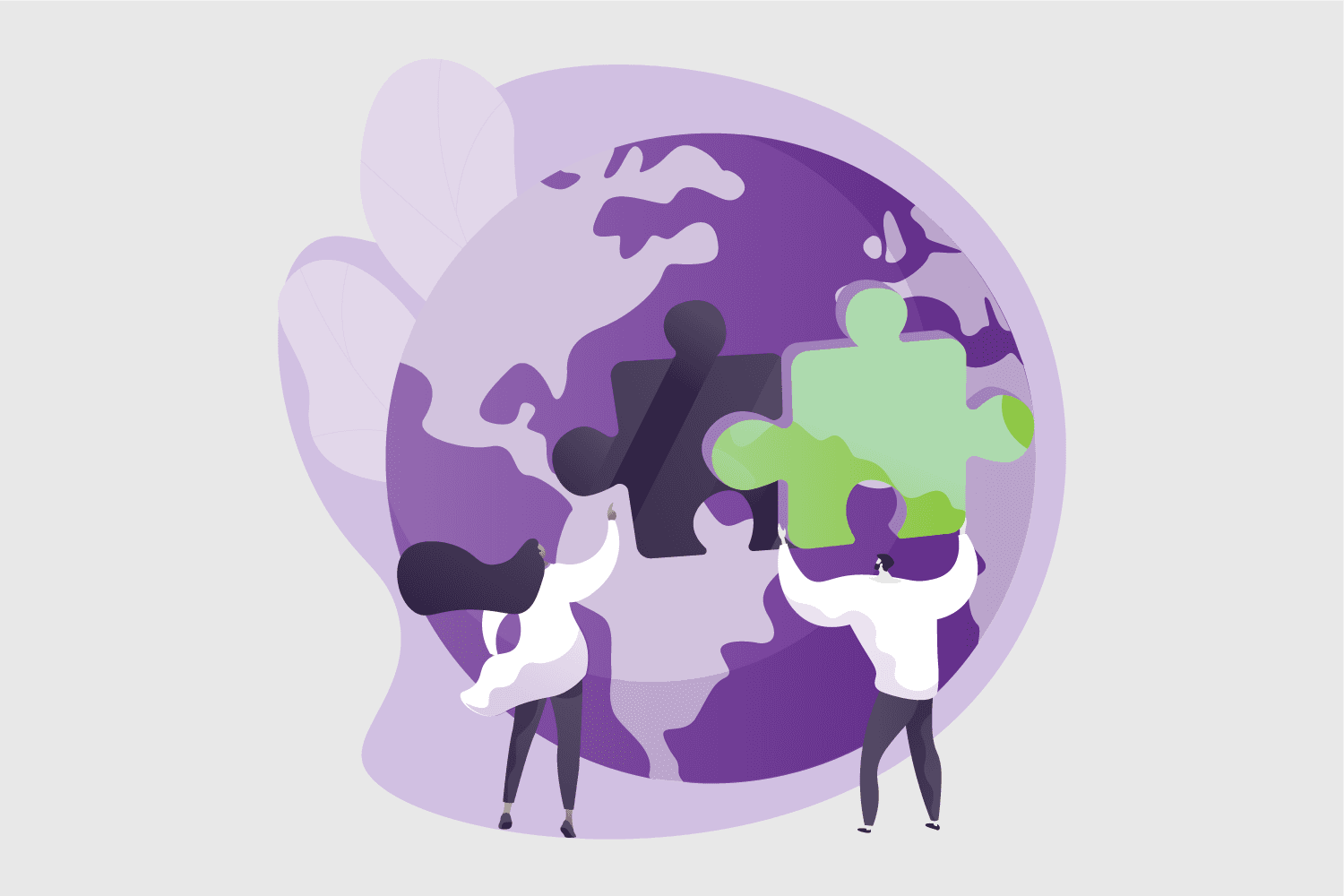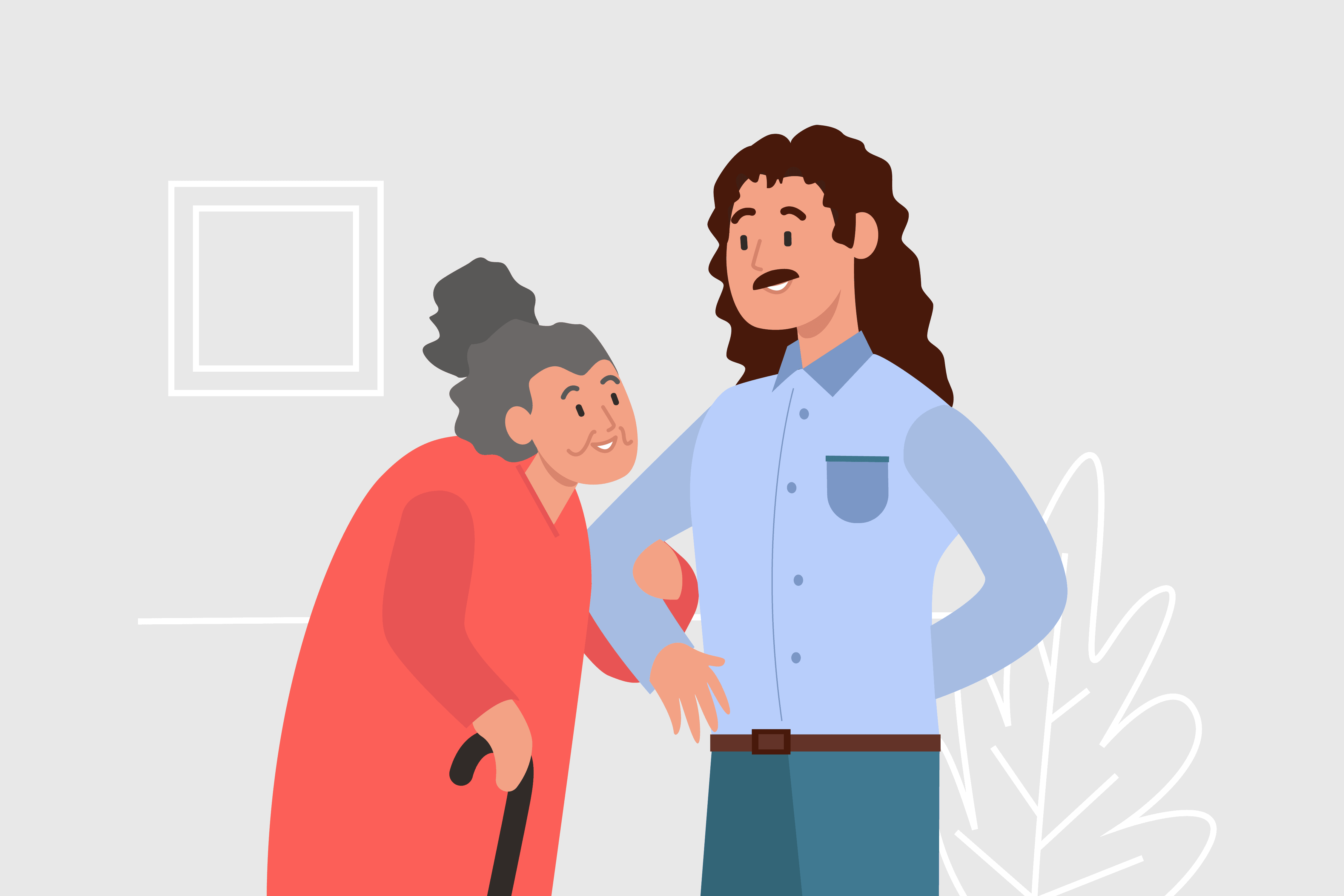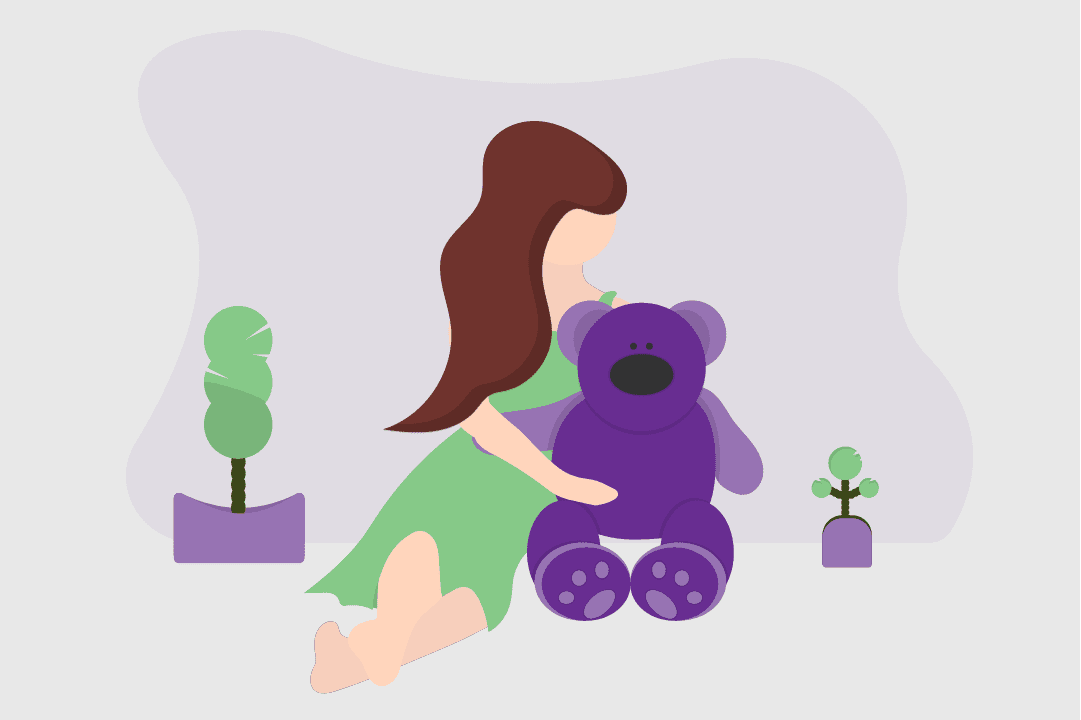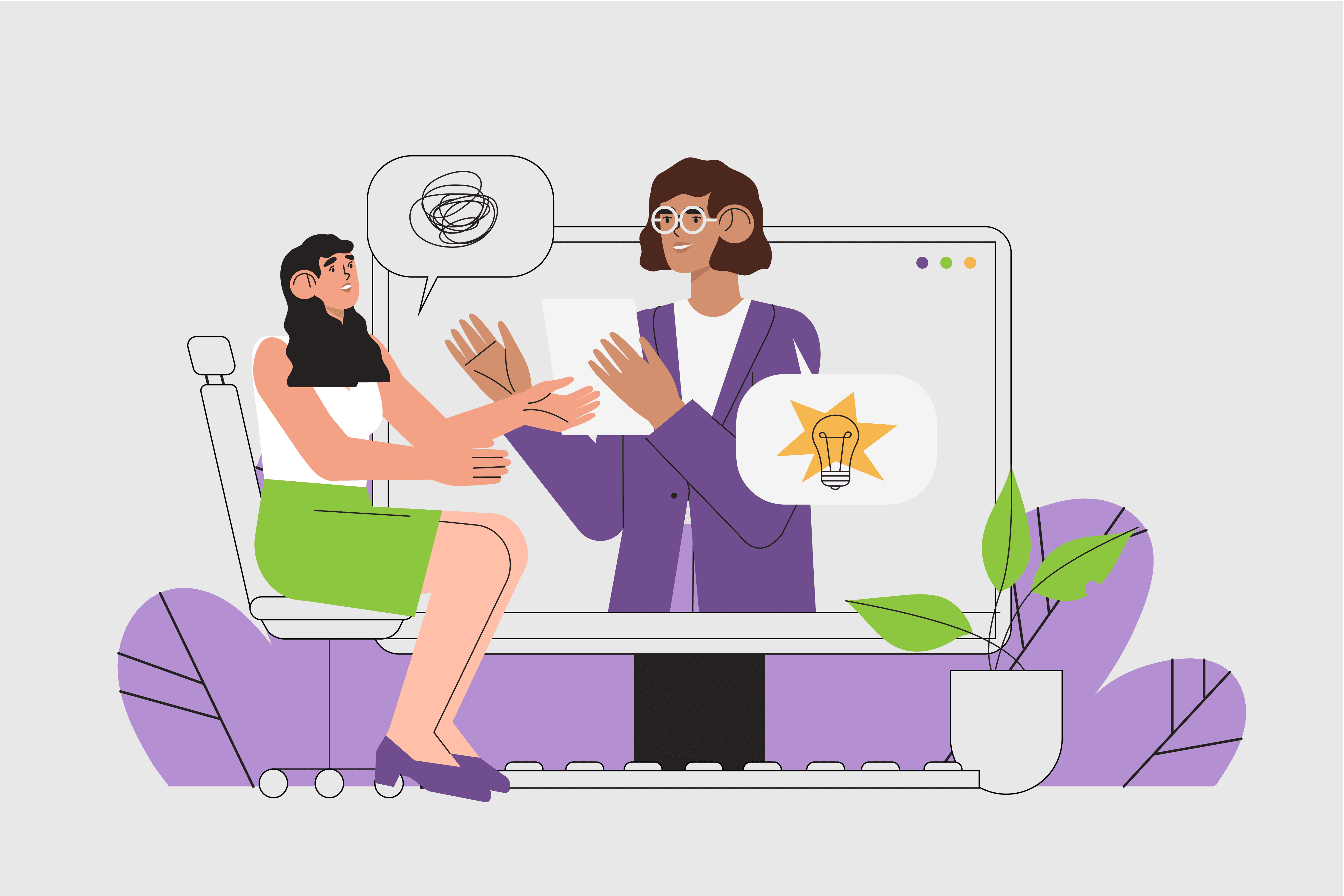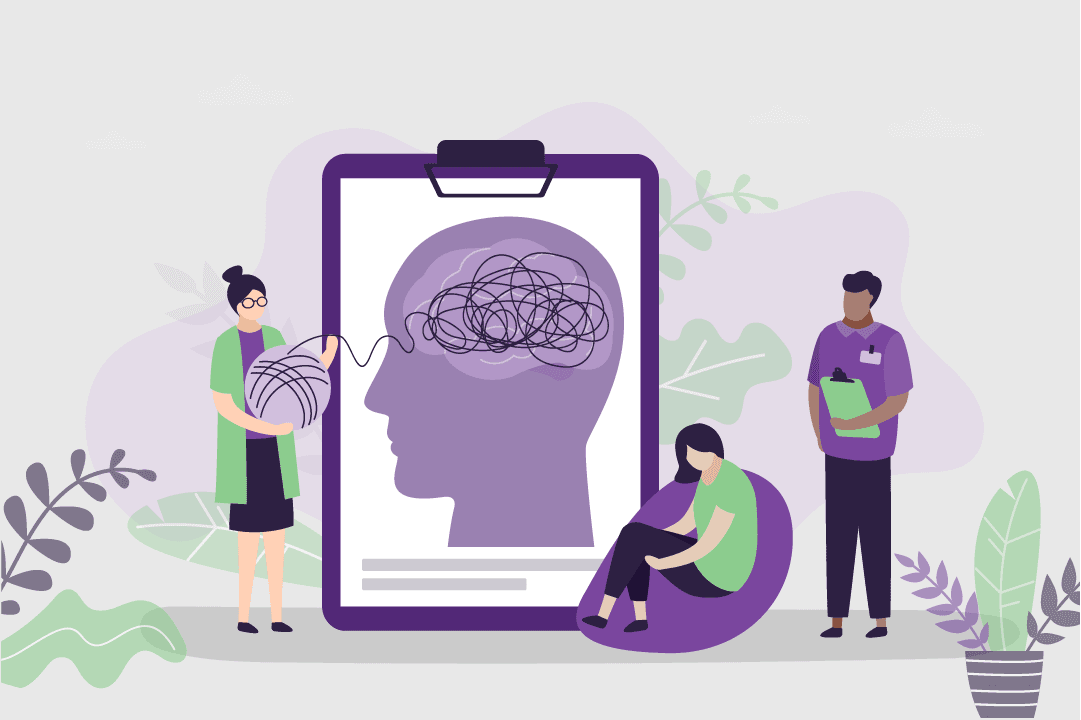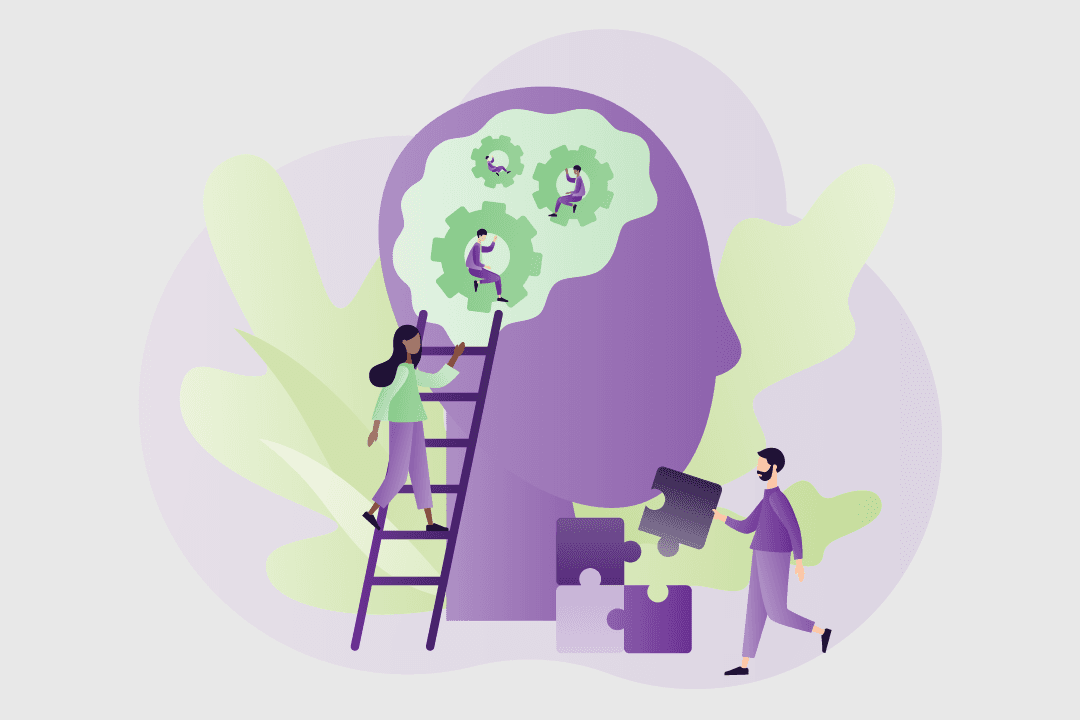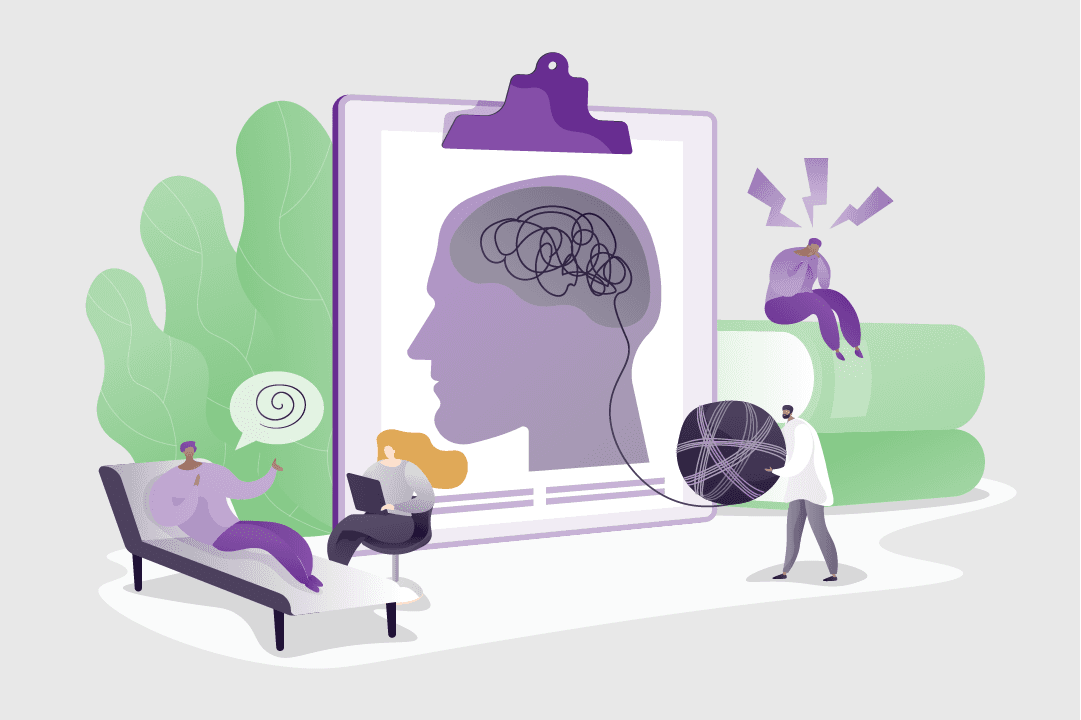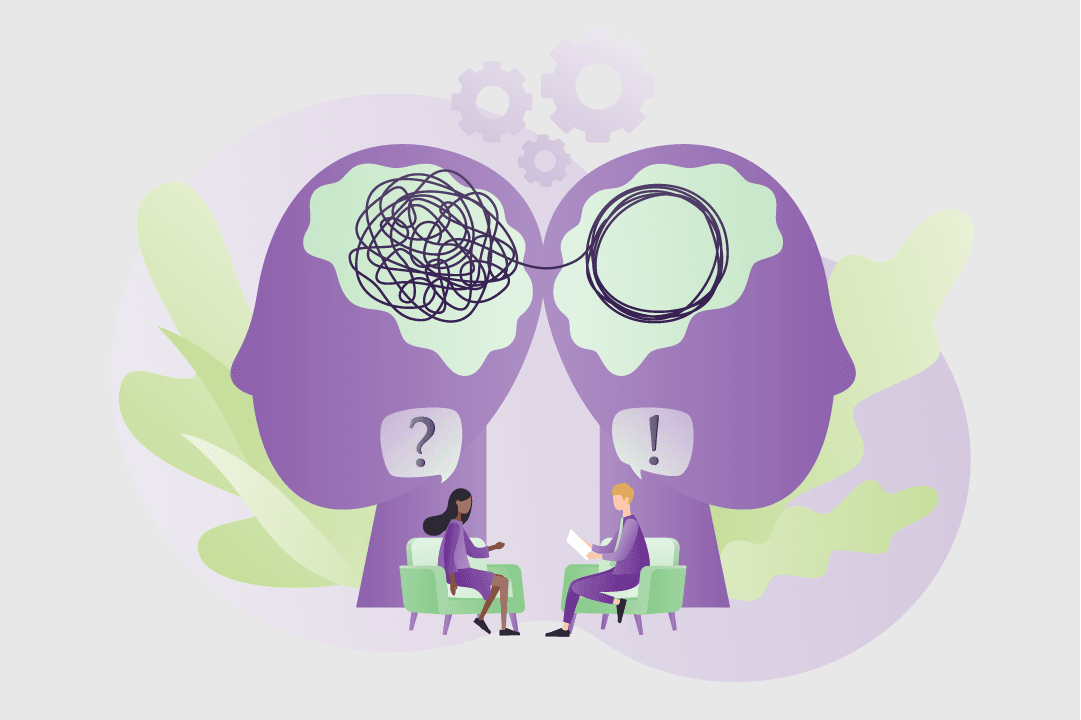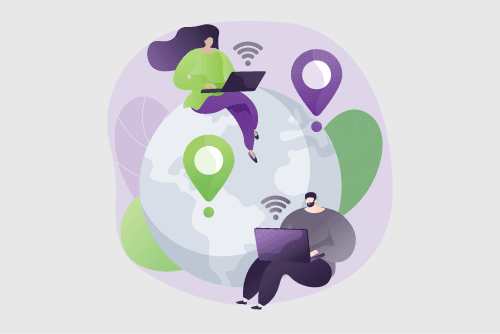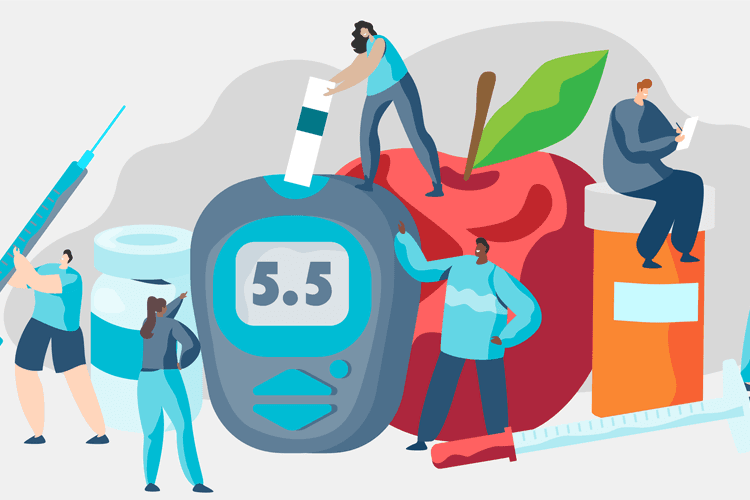Mental health support worker job description
Let’s get real. Job information online can often be overly optimistic — conveniently glossing over the raw bits. But when you’re making decisions about your future, you need all the facts.
That’s why we anonymously surveyed mental health support workers about their job, with hopes of getting an honest insight into what it’s really like.
While we did our best to ensure respondents were Australians and verified their job titles with proof of employment, we can’t guarantee complete accuracy — or that your experiences in the field will reflect theirs. So, we suggest that you take these insights as a guide only and try to talk to people in the field before making an important decision.
Tasks and responsibilities for a mental health support worker
A mental health worker’s job description focuses on supporting people that experience mental health issues, working with them to set and achieve goals to improve their lives.
Some mental health support worker roles and responsibilities are:
- Assessing the client needs
- Referring clients to necessary related mental health services
- Communicating with other service providers and support programs
- Counselling for individuals or groups
- Researching and developing new services and programs
- Maintaining client records and assessing progress
How to become a mental health support worker
-
Study
Equip yourself with essential mental health support skills by completing a relevant qualification through a TAFE or Registered Training Organisation, such as the Certificate IV in Mental Health.
-
Start a Traineeship
A traineeship or apprenticeship is a great way to get your foot in the door, get on the ground experience, and complete studies along the way. Generally, traineeships take 24 months to complete.
Pathway options
A job in mental health support is gratifying, and this might be a role where you are happy to stay. But, if you want to progress in your career path, starting a job as a support worker can lead you into more senior roles.
Some mental health career pathways could be:
Junior
-
Support worker
Most common qualification: Certificate III in Community Services (CHC32015)
-
Volunteer coordinator
Most common qualification: Diploma of Community Services (CHC52015)
Mid
-
Coordinator – mental health
Most common qualification: Certificate IV in Mental Health Peer Work (CHC43315)
-
Mental health nurse
Most common qualification: Advanced Diploma of Nursing (Mental Health) (HLT64115)
-
Outreach worker
Most common qualification: Certificate IV in Mental Health (CHC43315)
Senior
-
Community development manager
Most common qualification: Advanced Diploma of Community Sector Management (CHC62015)
-
Care manager
Most common qualification: Advanced Diploma of Community Sector Management (CHC62015)
Explore related qualifications
Certificate IV in Mental Health
The Certificate IV in Mental Health (CHC43315) provides you with the skills and knowledge you need to work in the community as a mental health professional. This course has theoretical and practical learning, with a work-placement element of at least 80 hours in the field.
The average course duration is one year and can be studied part of full time. The course can be delivered in various formats depending on the provider, including online and in-class lessons.
You may be eligible for an Australian government subsidy fee. Check with course providers for more information.
6 providers offer this course






Diploma of Counselling
A diploma in counselling (CHC51015) is a qualification for working with clients on personal and psychological issues using established counselling methods.
This course prepares the counsellor to work in defined and supported counselling roles in established agencies rather than independent practice.
The average course duration is one year, but you can be self-paced with your study. Learning is through blended study options, combining online study, in-class lessons, and practical work experience.
5 providers offer this course


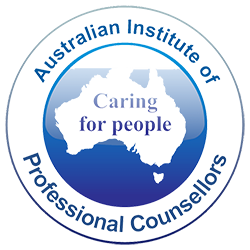


Related subjects
Roles that support people and help them achieve their goals aren’t limited to mental health. There is a strong need for community service workers who are team players and have a natural ability to connect with people.
Some other subjects to explore:
Related articles
If you feel that a career in mental health support is right for you, find out more about the industry and helpful resources to get you on your way.
Reviews
Reviews are from Australian workers with this job title or a very closely related one.
Is this your job title?
Share your thoughts and help people decide if this job is right for them.
- All
- Positive
- Negative
Terence
Sep 01 2021Love being able to help people.
What are the best parts of the job?
The ability to help people is by far the best part.
What's the most challenging part?
The workload can be quite heavy at times.
Georgi
Sep 01 2021Communication aspect is enjoyable, and decision-making allows me to think deeply.
What are the best parts of the job?
Communicating with all my clients, as well as strategy decision.
What's the most challenging part?
Deciding the best way to handle situations of clients.
Ricardo
Sep 01 2021Best feeling is to positively impact someone's life, but the many different personalities can sometimes be challenging.
What are the best parts of the job?
Helping people find meaning in their lives again brings me joy.
What's the most challenging part?
Having to deal with a wide range of individuals with different personalities is challenging.




